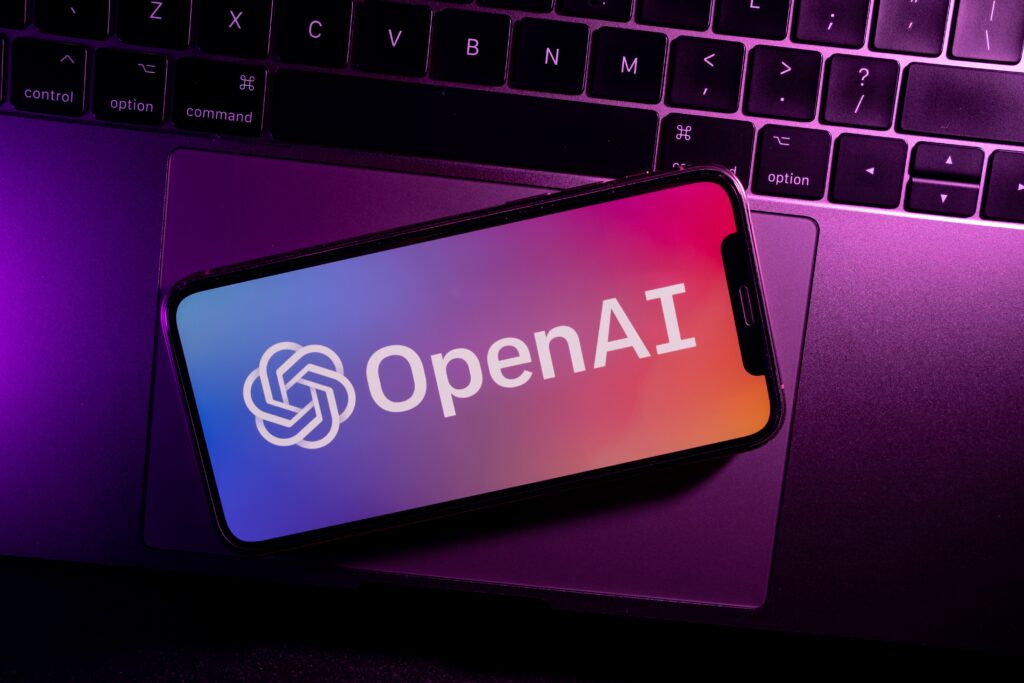Do You Know If OpenAI Is Safe and Secure? We’ve got you covered! OpenAI has revolutionized artificial intelligence, providing powerful models like ChatGPT and DALL·E. However, with its rapid adoption, many users and businesses have concerns about its safety, data security, and ethical implications.
Not only will this article explain OpenAI’s security measures, but we’ll also cover how it handles user data, potential risks, and whether you should trust it for business or personal use.
Is OpenAI Safe?
Yes, OpenAI is generally safe. It follows strict security measures and industry standards to protect users and data.
OpenAI partners with Microsoft Azure, which provides enterprise-grade security. Azure OpenAI is integrated with Microsoft’s robust security framework, including:
- Network security – Protects against cyber threats and unauthorized access.
- Identity protection – Uses multi-factor authentication and access controls.
- Compliance monitoring – Ensures adherence to security standards like GDPR, SOC 2, and ISO 27001.
Additionally, OpenAI employs strict governance policies, ensuring that its AI models are aligned with ethical AI principles. This includes human oversight, bias reduction efforts, and transparency in AI decision-making.
How Does OpenAI Handle Data?
OpenAI follows strict data security protocols. However, users should be aware of how their information is processed.
| Security Feature | Description |
| Data Encryption | Data is encrypted both in transit and at rest to prevent unauthorized access. |
| Access Controls | Only authorized users and systems can access sensitive data. |
| Compliance Standards | Meets global security standards, including GDPR, SOC 2, and ISO 27001. |
| AI Governance | Implements ethical AI policies with human oversight. |
| Data Retention | OpenAI does not use API data for model training unless explicitly permitted. |
Key Takeaways:
- Azure OpenAI integrates with Microsoft’s enterprise security measures.
- Data is encrypted, but users should avoid sharing sensitive personal or confidential details.
- OpenAI follows compliance regulations, reducing security risks for businesses.
- Data provided through OpenAI’s API is not used for model improvements.
Are There Any Risks in Using OpenAI?
Yes, but the risks are minimal if used responsibly. Despite its strong security framework, OpenAI is not immune to potential challenges.
Potential Risks:
- Data privacy concerns – OpenAI does not train models using API data, but user input may be stored for service improvements.
- Bias in AI responses – AI-generated content can sometimes be misleading or biased, depending on the training data.
- Ethical risks – AI can be misused for misinformation, spam, or unethical purposes.
- Security vulnerabilities – Any AI tool is susceptible to cybersecurity risks, but OpenAI implements protective measures.
While OpenAI follows best security practices, businesses using AI-powered tools should implement their own AI governance policies to prevent unintended consequences.
How to Use OpenAI Safely?
Follow best practices to ensure safe AI usage. Businesses and individuals can take extra precautions to protect data and prevent misuse.
Best Practices:
- Do not input sensitive or confidential information into AI models.
- Monitor AI-generated content for accuracy and potential bias.
- Use AI tools within compliance regulations to avoid legal risks.
- Enable authentication and access controls for enterprise AI usage.
- Regularly update security policies for AI implementation in business operations.
Final Verdict: Should You Trust OpenAI?
Yes, OpenAI is a secure and trustworthy AI provider. Its partnership with Microsoft Azure enhances security, and it follows ethical AI practices.
However, like any technology, responsible use is crucial. Businesses and individuals should follow security guidelines to maximize benefits while minimizing risks.
Conclusion
OpenAI is a cutting-edge AI company that prioritizes security, compliance, and ethical AI practices. While it is largely safe, users should take precautions when sharing data and using AI-generated content.
By implementing strong governance and responsible AI practices, businesses and individuals can confidently use OpenAI’s tools while maintaining security and compliance.
OpenAI-related articles: Is OpenAI Playground Free?
